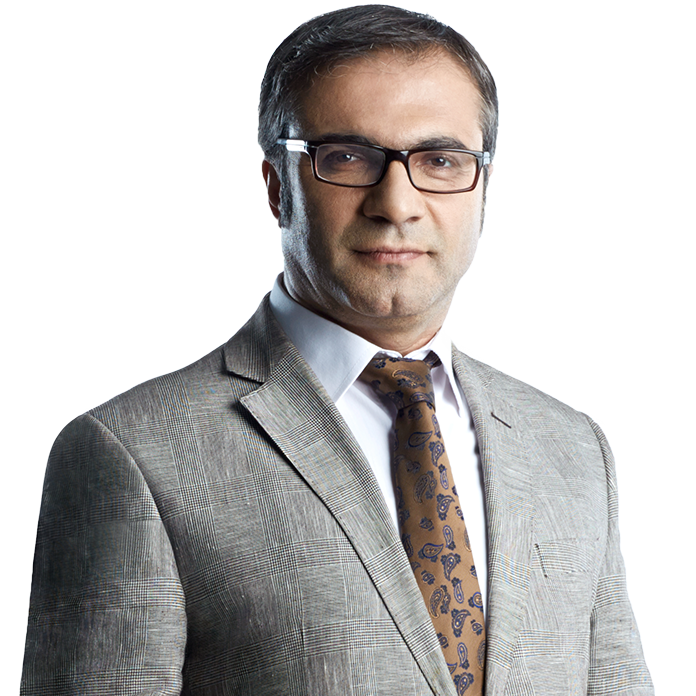The soldiers would look at our knees to determine whether we performed prayer or not. When they saw that our wives were wearing headscarves, they warned us for acting against secularism. They were constantly warning us to wear modern clothing. When being assigned to academic positions in universities, they would ask whether we were imam-hatip (religious vocational high schools) graduates or not. Our wives could not enter government schools or private schools because they wore headscarves. They would stick out like sore thumbs because of their clothing and headscarves. They were trialed, belittled and rebuked. They were treated as if they were suffering from a contagious disease. We experienced the tension of the paradox between lying and losing our jobs had created on a daily basis.
We suffered from being labeled reactionists, religious, cultist every day. When I was going to be granted the title “associate professor,” my chancellor called me to his office. He asked me in a very paternal voice: “I am asking you as your older brother. Are you a part of a cult?” The leftist and secularist newspapers were labeling religious people as “cult members.” We were all cult followers in their eyes. Yet, we all came from different backgrounds; some of us were Nur movement followers, others Islamists, National Vision supporters, followers of the meaning of the Quran, Süleyman movement supporters, radicals, İskender Pasha followers or İsmail Ağa followers... These differences did not mean anything to them. We were either religious or cult followers. This made us spring to attention and line up before them.
They believed that the only thing standing in front of enlightenment were the cult followers. “Cult follower” was a label, a threat, a statement of oppression. It was the label of silence, hanging one's head and judging. Sociologists called this the “labeling theory.” Kemalism was mobilized because of this.
Our Islam was under the threat of the state's harsh religion policies! What were we doing to protect ourselves from these threats? We became radicalized by totally rejecting the state. We were grouping up in the state, trying to change it or making plans to overtake it! We were living with an epistemology within the network of these relations: Hypocrisy, precautions,scientific politics, arming ourselves with the enemy's weapons, and deceit. All of the above were widespread amongst the religious groups. The strict secularism in Turkey, forced Muslims to adopt such attitudes. As a result, a religious personality was being developed around a conscience's reflex to self-protect, composed of the words “precaution,” “hypocrisy” and “scientific politics.” This trait externalized in a degenerate manner with the Gülenist group. They acted in such a way that they overlooked all the traits and practices of Muslims as a measure of precaution. The Gülenists in the army consumed alcohol, committed adultery, and had their wives remove their headscarves. They became more hypocritical than the esoteric and Shiites. Based on the “war is deceit” principle, they tramped over all of Islam's requirements and practices. The forbidden had become permissible, and the permissible had become forbidden. Kemalism was the enemy and they were fighting to topple it.
All religious movements and cults somehow became a little hypocritical to protect their religion and world against the oppressive politics of the state. To say it more clearly, in order to avoid being crushed under the harsh, exclusionist and dominating political hegemony, a kind of hypocritical Muslim style was created! Muslims started to seem different to what they are so that they would not be oppressed or outcast by the secular regime. Rumi's “either seem as your are, or be as you seem” principle was very hard to adopt during this period. And in the end, Muslims started to deviate from the Muslim identity under the tragic conditions of Kemalism. This deviation was created not by the faith of Islam, but the roles the system had created for them.
The actions of the people in religious groups, cults or just simply religious people need to be saved from the illicit environment. The biggest reason for the creation of a hypocritical, two-faced Muslim is the exclusionist, oppressive attitude of secular politics. Oppression and fear lead to moral degeneration. Religious groups should be able to freely discuss, live and group, as they will. Let's not forget that democratic societies are organized societies – whether secular or religious...




















